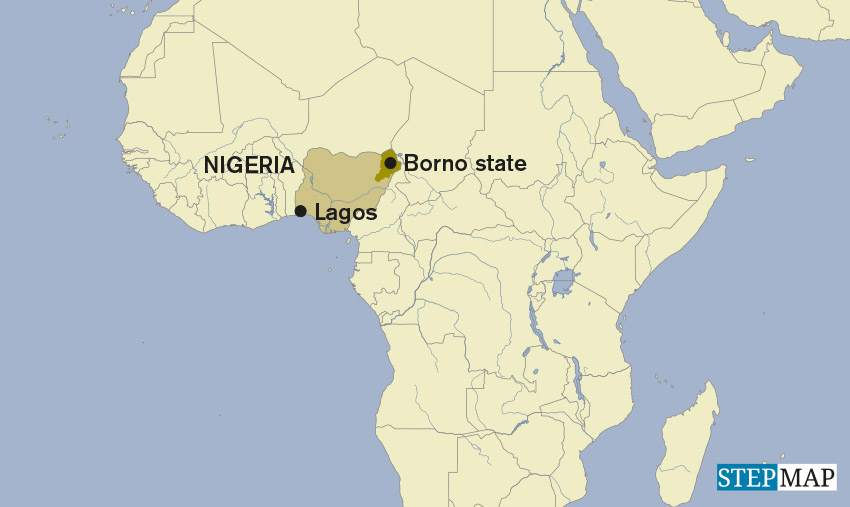Germans’ unwitting racism
Ricardo Sunga currently heads the UN panel. After the meetings in Germany, he concluded: “There is a serious lack of ethnicity-based disaggregated data and an incomplete understanding of history, which obscure the magnitude of structural and institutional racism people of African descent face.”
Many Germans will find the panel’s views bewildering as most of them oppose racism in principle. Accordingly, they believe that they cannot be guilty of racism. The problem is that many Germans are unaware of many implications racism has. So long as they do not witness blatant discrimination, they do not see discrimination at all.
The truth, however, is that black people have a harder time finding jobs or housing. It is well known, moreover, that children of migrant parents fare worse in German schools than their counterparts in Britain or France. German police are known to do racial profiling in a way that would be considered problematic in our neighbouring countries. Such institutionalised racism, however, is not obvious to many Germans.
Indeed, many Germans believe that Britain and France are more racist than Germany. Their perception is distorted and results from the fact that racism has been on the public agenda in Britain and France for much longer than in Germany. In Germany, migrants were considered to be temporary “guests” until the 1990s, whereas members of migrant communities tended to be citizens in Britain and France. In Germany, migrants remained foreigners. They had fewer rights and were less vocal in demanding rights.
In past decades, discrimination on various occasions triggered riots in Britain and France. That did not happen in Germany. But that does not mean that Britain and France are more racist, as many Germans have concluded. The point is that young people from migrant communities felt at home in Britain and France in a way their counterparts in Germany did not.
I remember Social Democrat leaders arguing in the 1980s that immigration from Turkey had to be stopped. They wanted it to be limited to only the closest family members of people living in Germany. This attitude was inherently racist, but the leaders concerned did not notice. They believed that their policy served to prevent the kind of racism they perceived in Britain and France.
The findings of the UN panel make sense. Germans tend to be rather naive about racism. Ignorance is not an achievement, however, and unwitting racism causes real suffering. The good news is that Germany is catching up in terms of become aware of these matters. The official report of the UN panel is due in the autumn, and it will certainly help.












